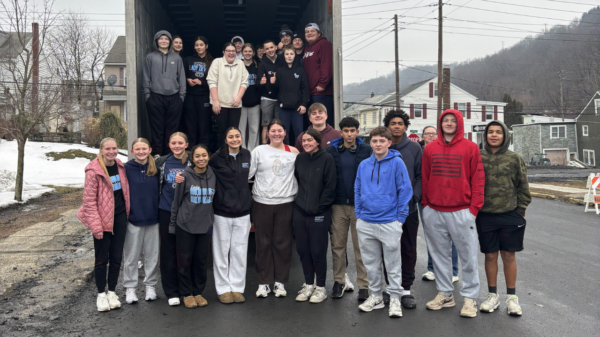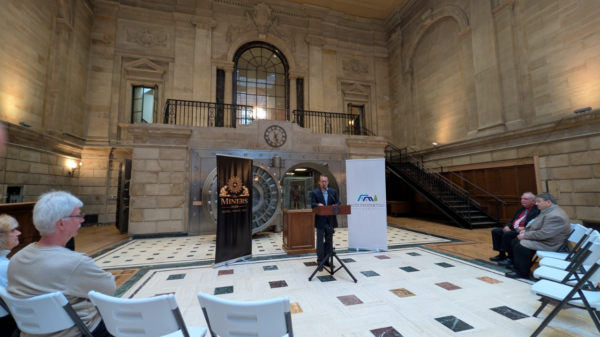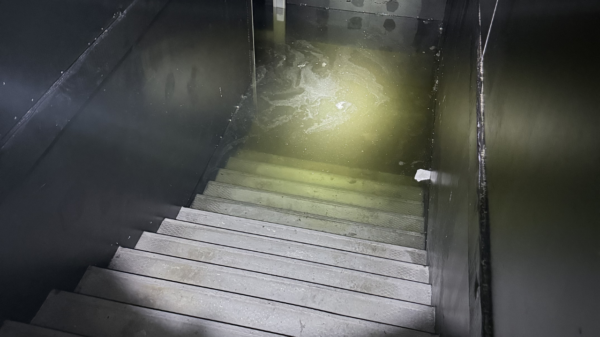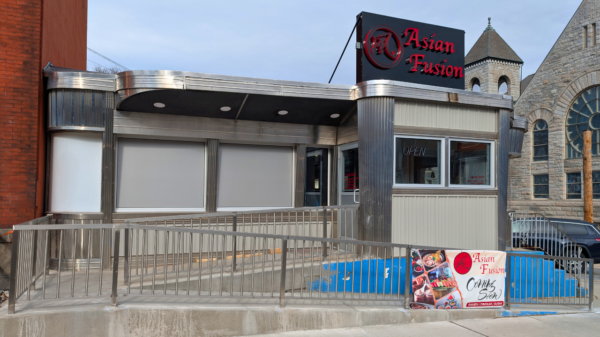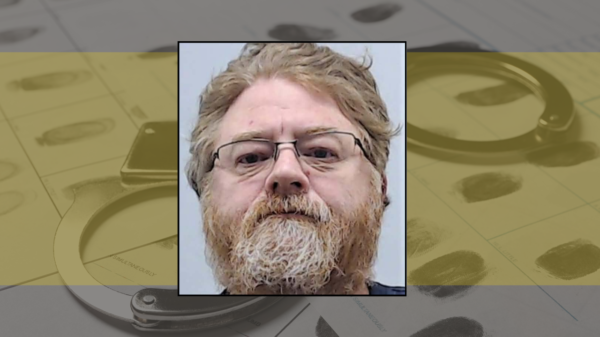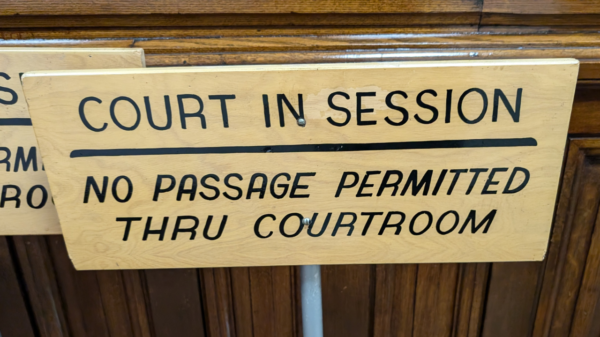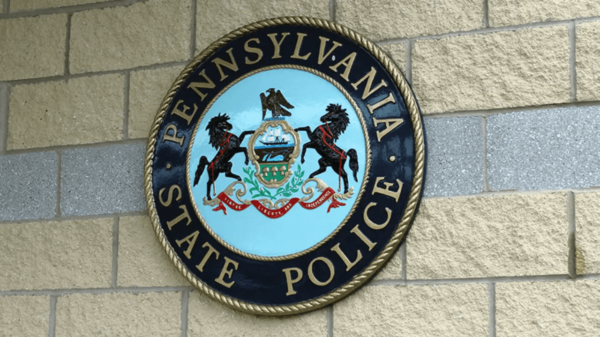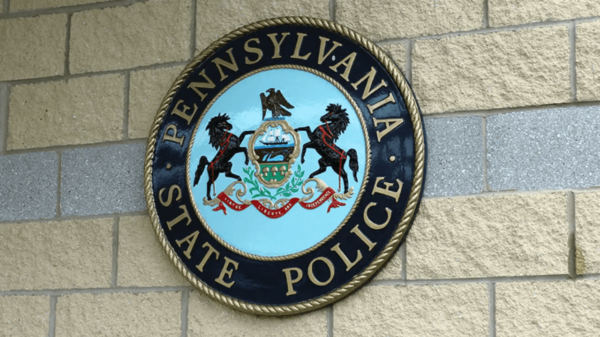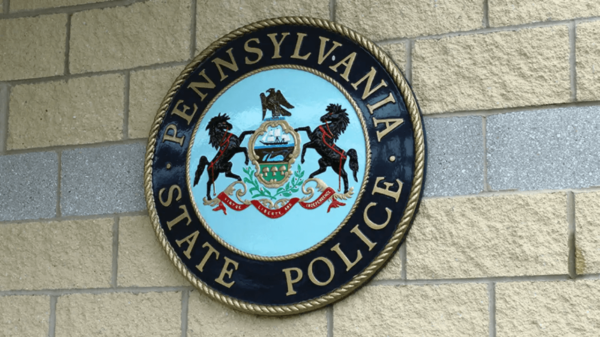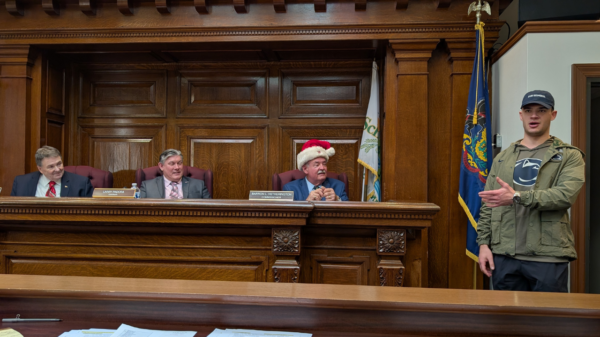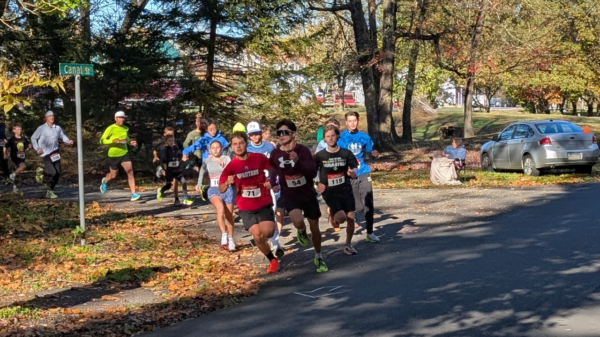Democrats always find a way to use the phrase “fair share” and they sure love blaming cows.
It happened at the same time last week when Gov. Tom Wolf held a press conference to peddle legislation that taxes Pennsylvania’s rural communities for their apparent financial negligence in supporting Pennsylvania State Police.
“It’s time that all Pennsylvanians pay their fair share,” the Governor cried.
The State Police tax that Democrats are publicly appealing for wrongly shifts the blame for increasing costs on rural communities.
At a press conference last week, Pennsylvania Gov. Tom Wolf urged support of legislation that creates a municipal per-capita tax in areas without local police coverage.
Tax the cow towns, he says.

Rural Pennsylvania State Police Tax
This tax gets assessed on people living in municipalities with zero police officers. These are communities relying solely on Pennsylvania State Police for any crime-related issues.
According to Wolf, the per-capita tax would range from $8 per person to $188. The bigger the area (more people) without local police, the higher the tax.
Here’s a map of the proposed costs (to the entire municipality) if the tax gets passed in Harrisburg. The places in green have no local police coverage:
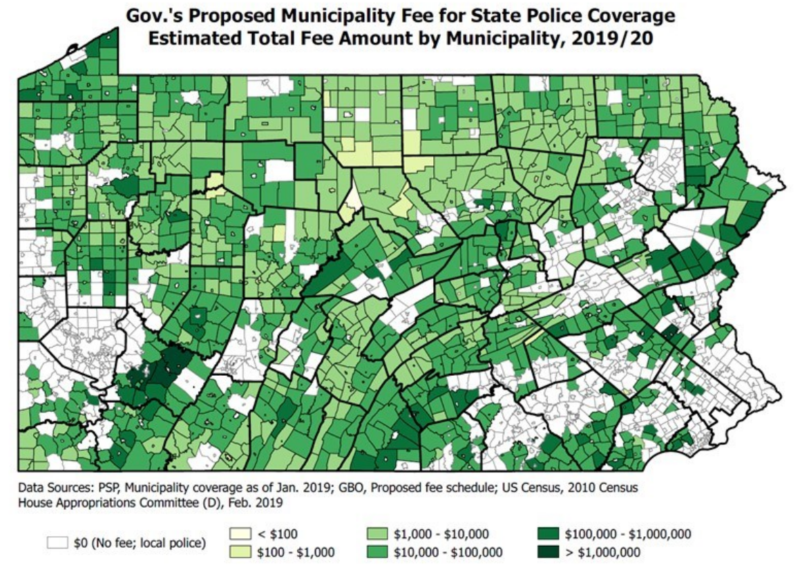
Wolf says this tax is necessary because rural communities place an unnecessary burden on State Police by leaning on them to be their local police force. Plus, it takes forever to get to some of these places.
Added to that, the Wolf Administration is running out of ways to fund the State Police. Most of the money comes from the Motor License Fund. However, there’s a cap on that revenue and it’s set to decrease over time.
So, Wolf needs to find another way to fund the State Police.
Picking On the Wrong Voters
Of course, Wolf isn’t going to impose this tax on his friends in Pennsylvania’s bigger cities. He can’t upset the base. So, he chooses to go after rural communities.
“We all want safe communities,” Gov. Wolf says at that press conference last week. “That means adequate police protection and structurally sound roads and bridges. But right now, some municipalities are not paying their fair share for police protection, and to compensate for that deficit, money is being taken from the Motor License Fund that would otherwise go to our roads and bridges.”
Wolf peddles this argument that because these communities have no police force, they’re using the State Police like local police.
But read between the lines there and it says, deficient budgeting for State Police expenses forced us to take money from one fund (to fix roads and bridges) and spend it on them. Now, someone has to pay because we can’t.
It’s very short-sighted.
This is even more short-sighted, especially when you consider the Schuylkill County communities that would be forced to pay this tax. It comes from State Sen. Jay Costa, author of the Senate bill that would force this legislation to Wolf. At that press conference last week, he said:
“When local governments disbanded their police forces, our State troopers stepped in to do the work. They upheld their oath to protect all of our citizens. The problem in this funding stream is not with our brave men and women who are officers. But they are doing a new job now, and we need a fair, guaranteed revenue for their expanded scope.”
Now, apply this argument to a borough like Cressona. It’s one of a very limited number of municipalities in Schuylkill County that disbanded a police force. And really, that was a LONG time ago. It’s a bit late to be making this argument in a place like Cressona.
Rural Communities are Safer and Require Less Police Calls
In Schuylkill County, townships and boroughs without local police largely do that because of lack of demand.
That’s part of the appeal of living in those communities. You’re a bit removed from civilization but you’re also a bit removed from the worst civilization has to offer … for the most part. There are plenty of state taxes people in these communities must pay that they’ll never see in return.
Some local communities struggle financially to keep a cop on the street but they still do. For all the money problems boroughs like Shenandoah, Mahanoy City, and even Girardville have, they manage to keep the police cruisers occupied and patrolling the streets. And you’d be hard-pressed to find someone that says it’s not money well spent in those areas.
Obviously, over time, supervisors and councilpersons in the communities without police forces believed their municipalities didn’t need them. Now, that’s a debatable issue, of course.
But if you argue that there are crimes happening in these communities and they’re not being caught, then it’s impossible to argue that State Police are working like a local police force. And thus, they’re creating an unjust burden on PSP.
You could argue that if PSP were acting like a hypothetical local police force in these communities, they might be more effective at proactive law enforcement rather than reactive. Because in rural communities, it’s more likely State Police are responding to calls rather than providing routine patrols like a local police force generally does.
This is not meant to say that State Police aren’t effective in their job. But if a township were to hire a local police force, especially in some of the more remote areas of Schuylkill County, it’d literally be like paying someone to watch the crops grow and cows graze.
Or worse, it gives people a reason to call the police for every petty dispute they have with neighbors.
Crime in Cities on the Rise
Let’s assume we’re all paying an equal amount right now per person to fund the State Police. They say, these rural communities are bloating the budget. Tax them!
Many of the people saying and repeating this ignore where State Police costs are really going up. And it’s not in communities with zero or little local police coverage.
If there are major crimes in places like Allentown, Reading, Wilkes-Barre, Scranton, etc., there’s a good chance even those local cops are calling in State Police.
Now, is violent crime on the rise in those areas??? (Answer: Yes)
So, this puts State Police in areas more often where they’re taking over for a local police department or providing additional services for that department. Does this not count as a burden?
This includes places in Schuylkill County, too. It’s not just the crime-riddled cesspools that surround us. Here, there are communities that can’t provide full-time police coverage. When the locals turn off the light for the night, State Police provide backup. Again, not a burden? Isn’t it more likely that communities where it’s necessary to have local police but they can’t afford full-time coverage would cause a bigger burden than the rural communities?
And in a place like Pottsville, even though it has a full-time police force, State Police still get called in from time to time. Remember, in the winter, the troopers responding to a call on Mahantongo Street got shot at. Shouldn’t Pottsville residents be on the hook for this? Why does someone in a place like Pine Grove Township need to pay for this? That’s why they live in Pine Grove Township and not Pottsville, among the many reasons.
Try Again — Or Don’t
In a February report from House Democrats on the Appropriations Committee, they made this argument about the land area required to cover rural communities with State Police.
Again, they made no note of crime rates causing an increase in dispatches to communities that had no police force. They simply say, look at these places … they’re huge! And surely it costs more to cover them, right?
This tax proposal is extremely misdirected and based on flawed reasoning. If it costs more to operate State Police, then say so but don’t blame people who aren’t to blame.
Subscribe to Coal Region Canary
Get email updates from Coal Region Canary by becoming a subscriber today. Just enter your email address below to get started!Support Coal Region Canary
Like our reporting and want to support truly local news in Schuylkill County? Your small donations help. For as little as $5, your contribution will allow us to cover more news that directly affects you. Consider donating today by hitting the big yellow button below ...


